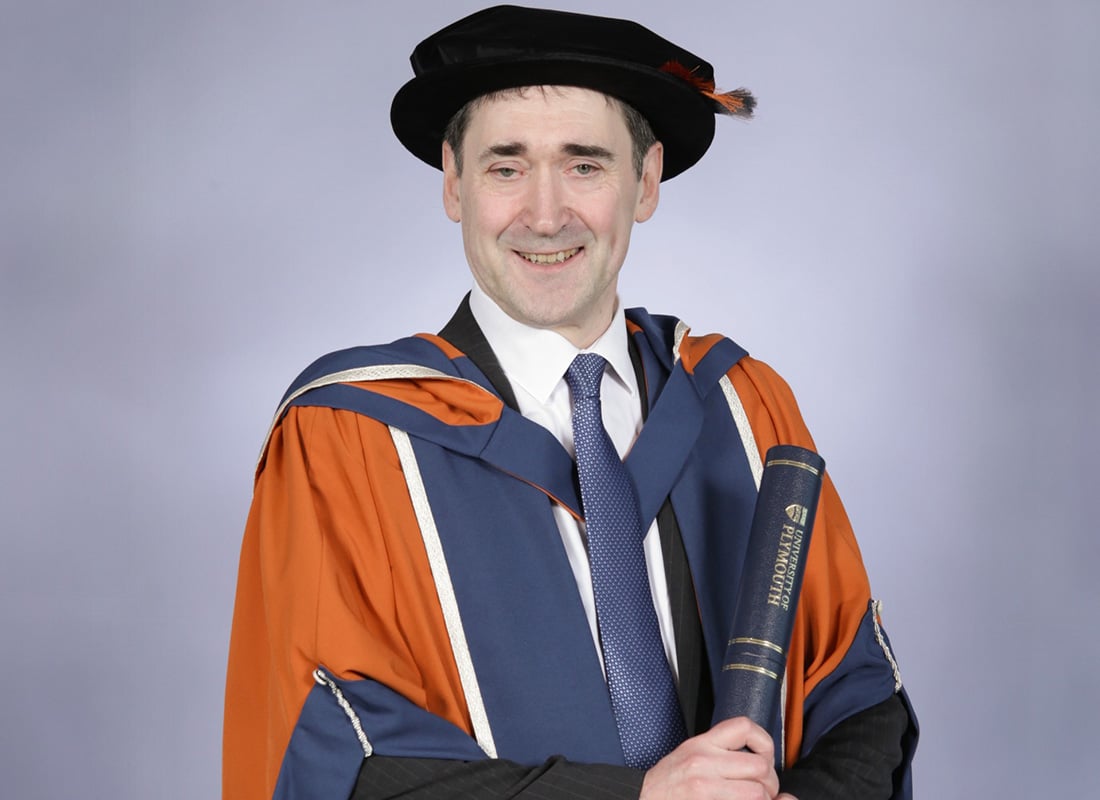In this article, BCS President Nigel Shadbolt sets out the sort of activities he will be promoting and how BCS members can become IT and computing ambassadors.
I argued in an article in November's ITNOW that effective public engagement is fundamental to sustaining a skilled, innovative and vibrant IT and computing profession.
We, as computer scientists and IT practitioners, have to show that ours is a subject that engages all aspects of our daily lives and is not confined to narrow technical concerns.
When you consider what is involved in changing the way the general public react to us and what we do, it's clearly the start of a long journey. We can't change perceptions overnight. That said, in the last few years, BCS has become a strong and increasingly self-confident society, putting us in a good position to take on the challenge.
In order to change public opinion, you have to reach those in the mainstream media at both a national and regional level. We will, therefore, be building relationships and aggressively promoting IT and computer science to the media in a way we've never previously attempted.
It's not just about increasing coverage, but also getting coverage on the issues that really matter to us. Our first success has been to highlight the skills crisis we could be facing in computing and IT. On the day we released the story, it was the most widely read on BBC OnLine - see Computer industry 'faces crisis' article.
Another arena full of opinion formers is the government. There is a critical need to persuade the government that computing is not simply a support skill but a subject in its own right.
We need to get through the message that we really do have declining numbers of our brightest and best going into full-time computing courses. We are already engaging with Government ministers and the various Government departments to highlight this concern.
In schools, IT skills are becoming more widely taught but we also need a more profound presentation of the power of computational ways of thinking and analysis.
We have to work with, and support, organisations such as e-Skills to ensure that school curricula are exciting and relevant. We will work with further and higher education to promote our discipline. We will work with employers to highlight the opportunities our profession offers.
Media and the public at large are not going to make much sense of us if we can't communicate or don’t have the stories to intrigue and interest them.
The younger generation of IT professionals can only survive by becoming experts in their user space, understanding business needs and communicating effectively with customers to formulate the right technical solutions.
I'm particularly impressed with the members of the BCS Young Professionals Group who have been training themselves in presentation and communications skills. We need to disseminate this sort of best practice to researchers, educators, developers and managers. We must all develop our skills in this area.
Our technology presents a challenge: as it becomes more ubiquitous it becomes less remarkable. We are a discipline defined by an artefact - the computer - and an abstraction - information. Together these have changed the world entirely. We have to explain our achievements and communicate the extraordinary possibilities that lie ahead.
The challenge to all of us is to exceed the expectations of those we come into contact with. Be an ambassador for IT and computing, evangelise the power of computational thinking. Use the BCS to help - use your branch, use your forum, use your group and use central resources.
To develop a public engagement programme that is sustainable, there is much to do. At this early stage in the programme we will benefit enormously from members' input, so if you have ideas, let us know.












